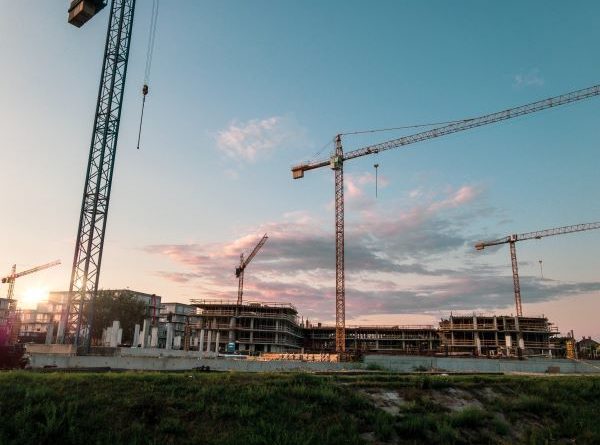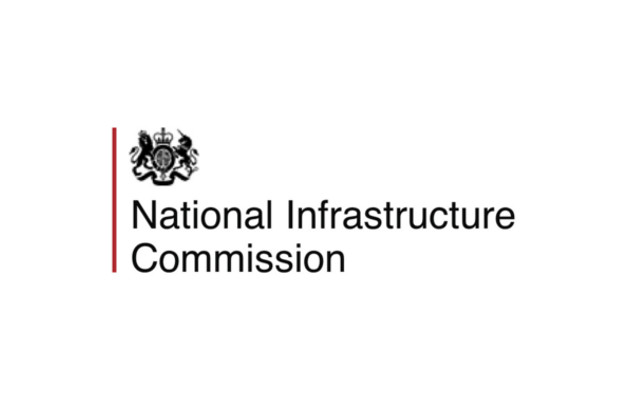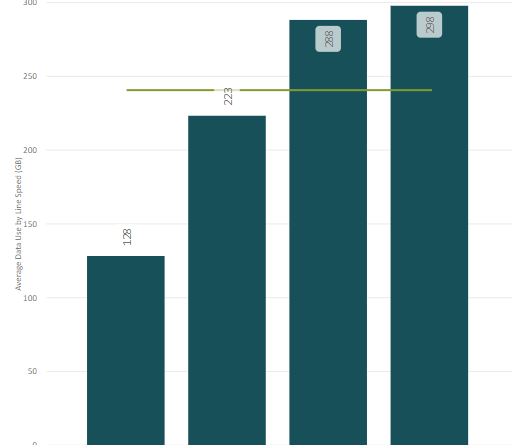Gigabit Connectivity to New Build
Mandating the provision of fibre connectivity as standard in new build developments has been a longstanding policy priority for BSG and we responded to the DCMS consultation in December 2018. We welcome this week’s announcement that developers in England will now be required to install gigabit-capable infrastructure and, subject to a cost cap, a gigabit-capable connection. This will deliver internet speeds 200 times faster than you would need to watch an HD film on Netflix. (more…)













